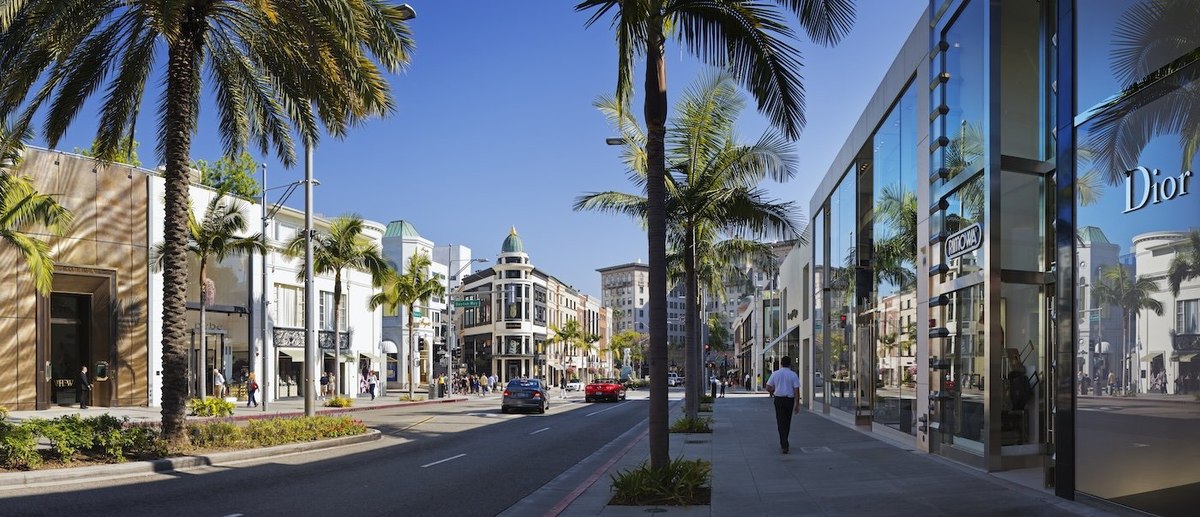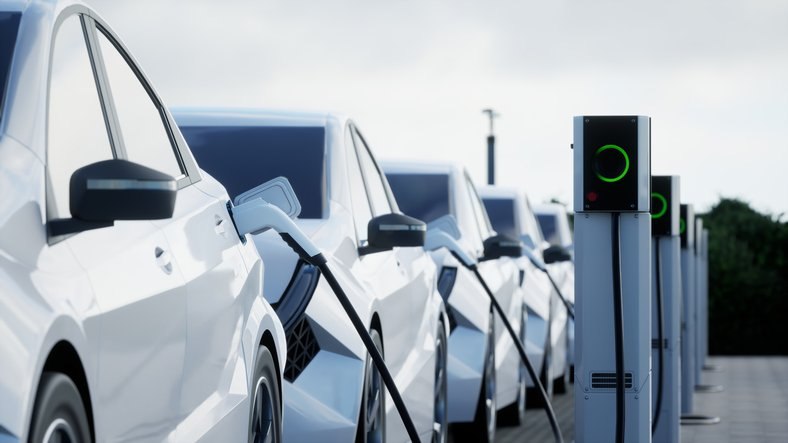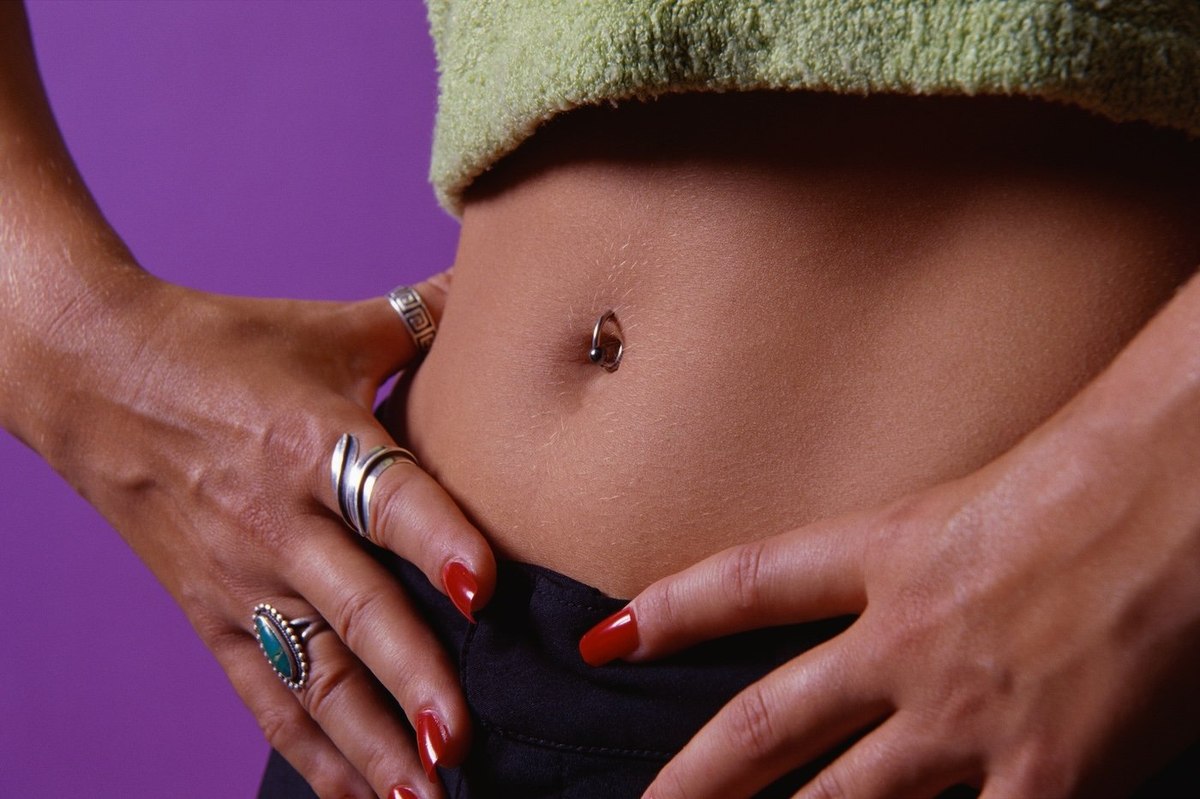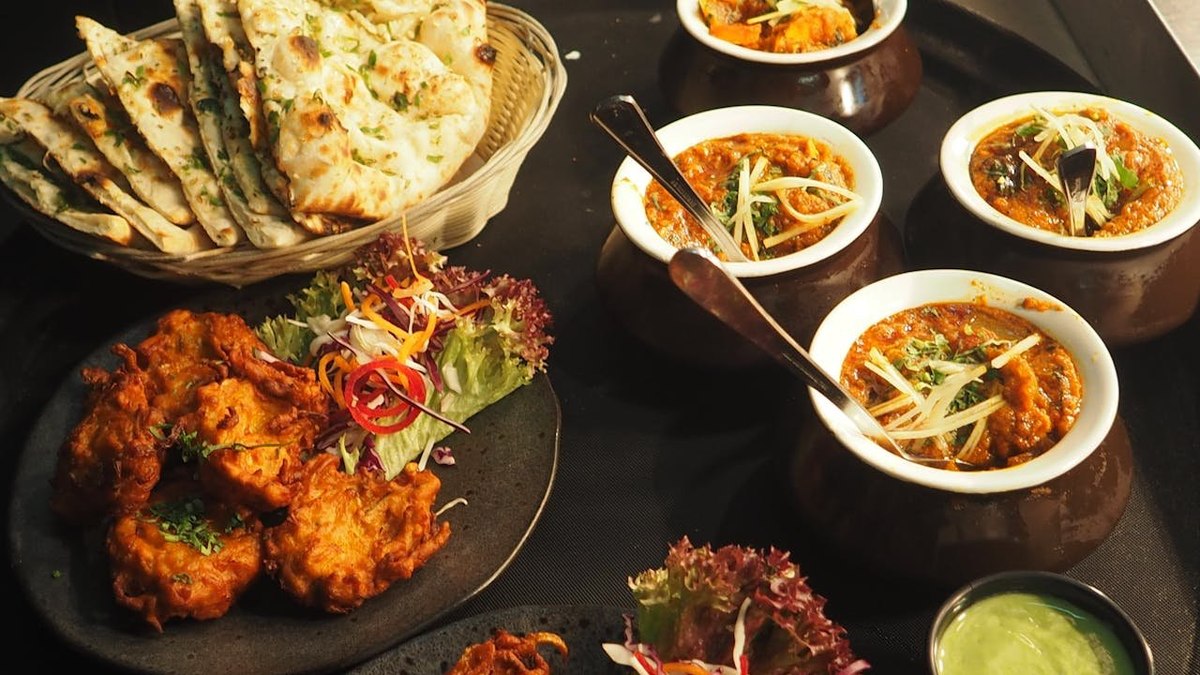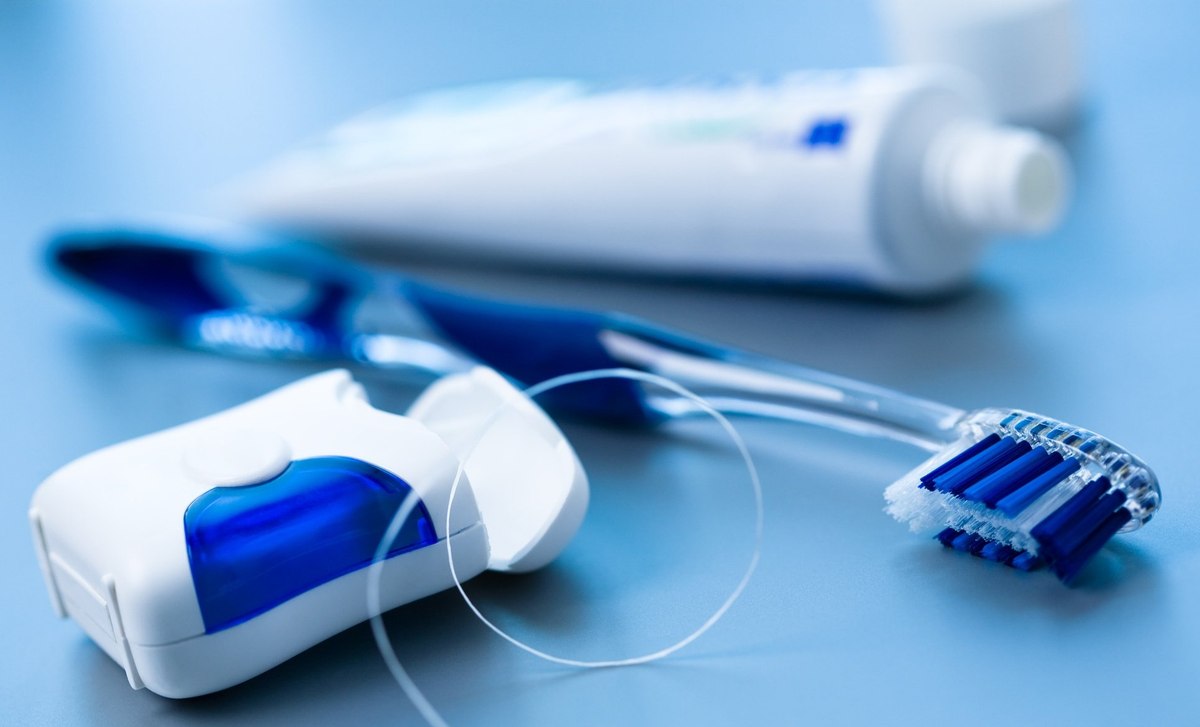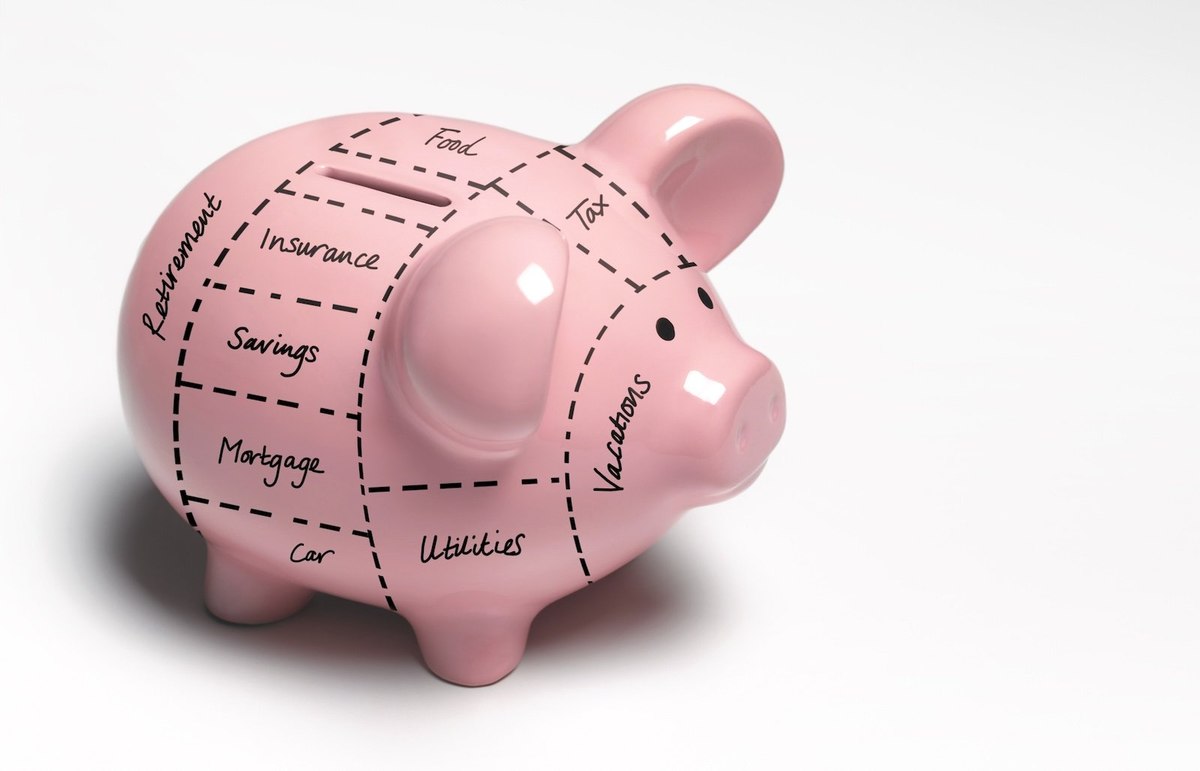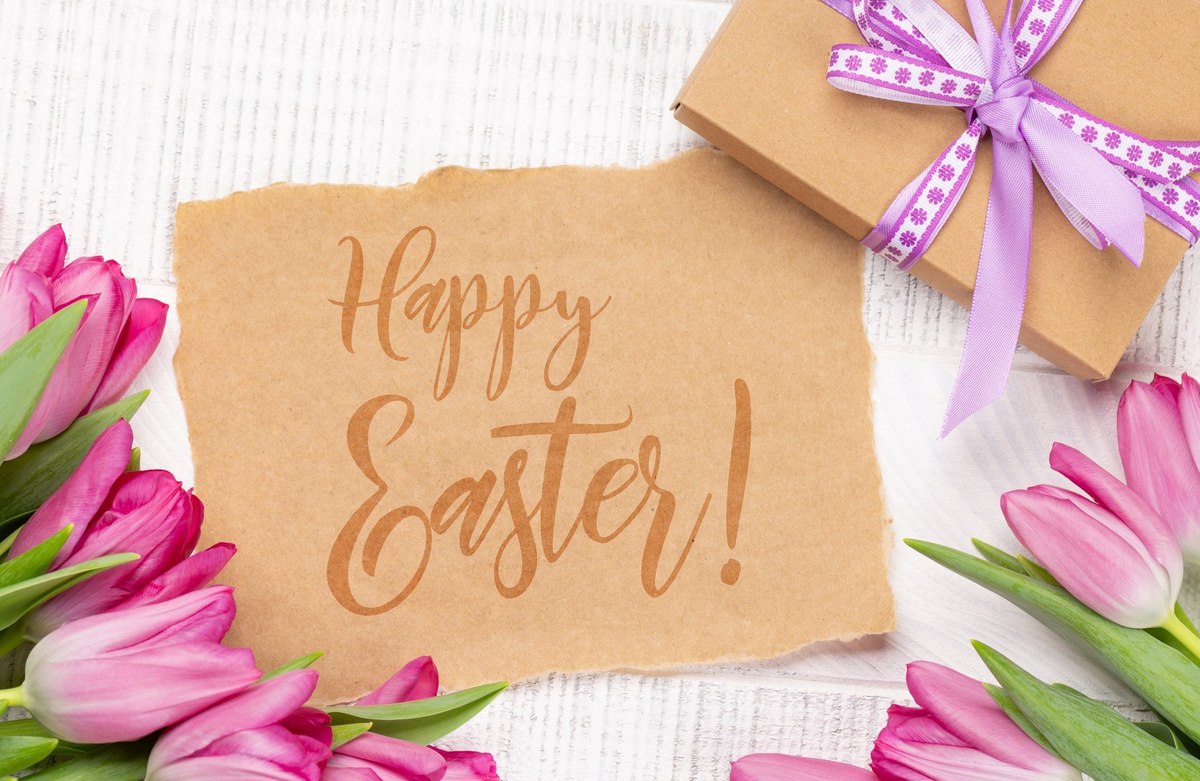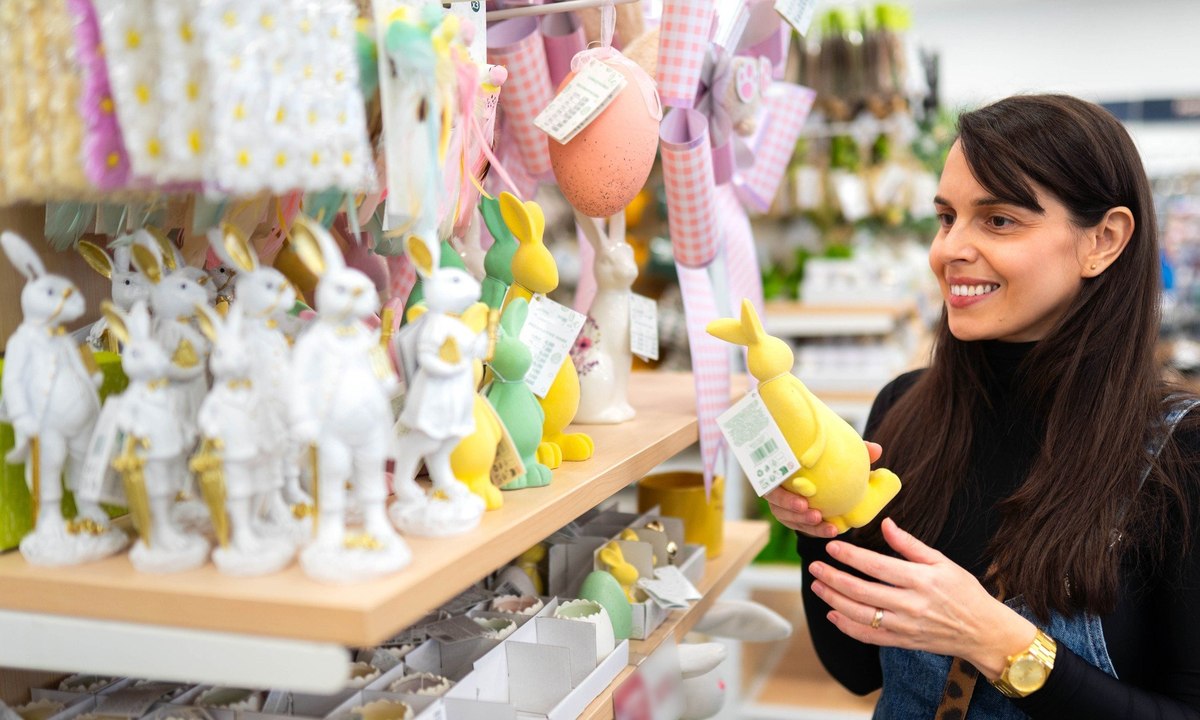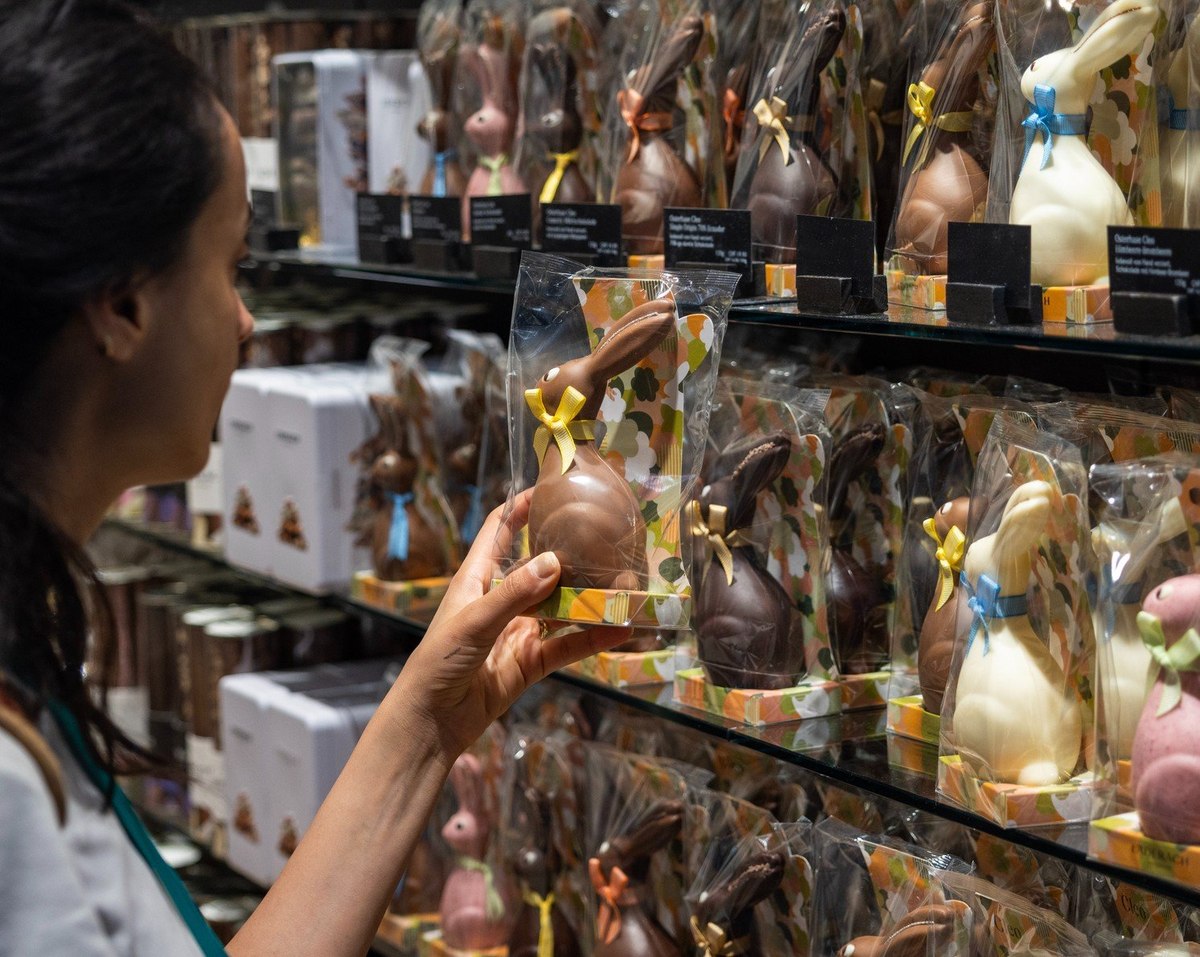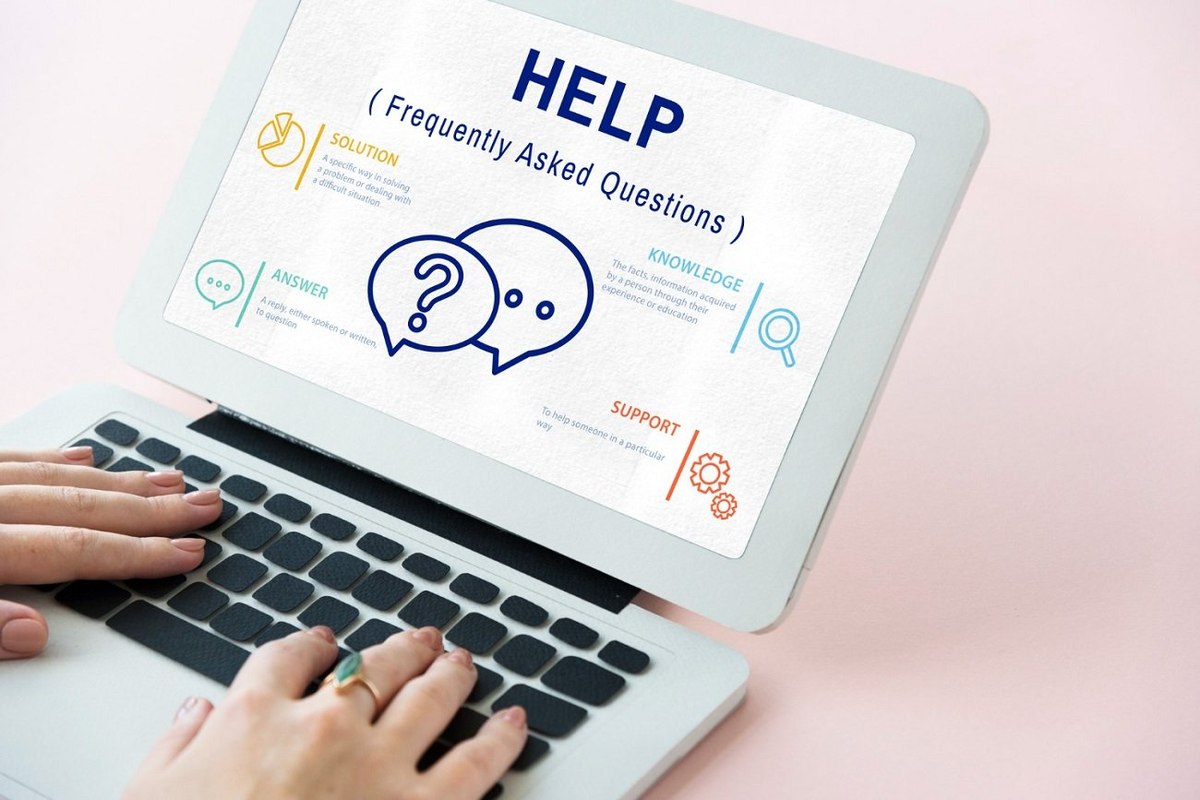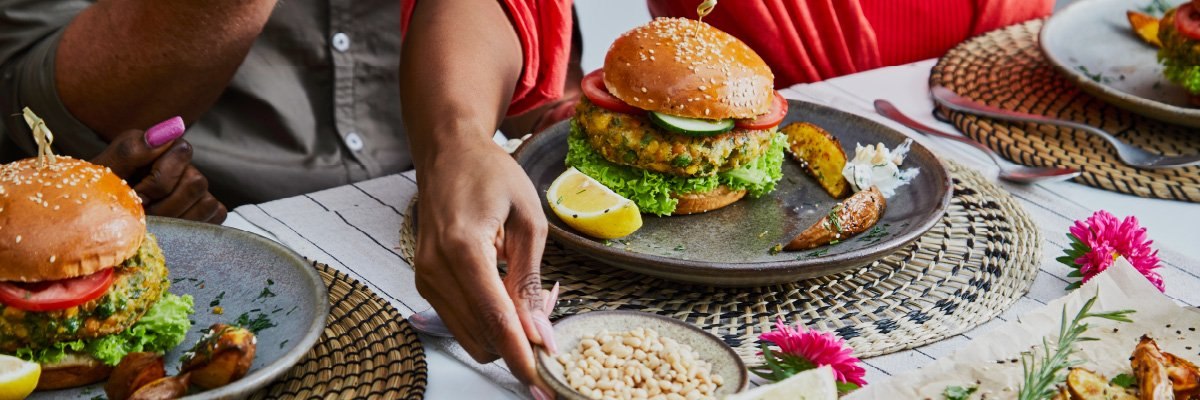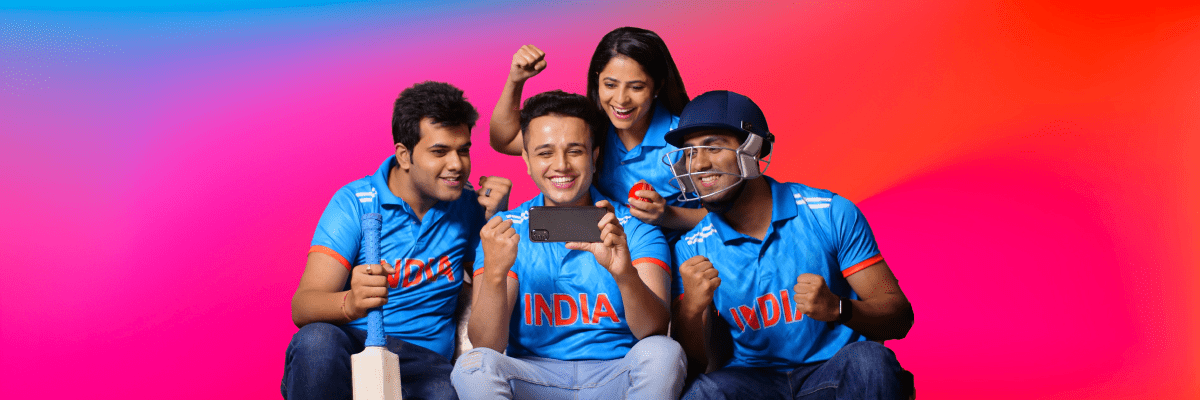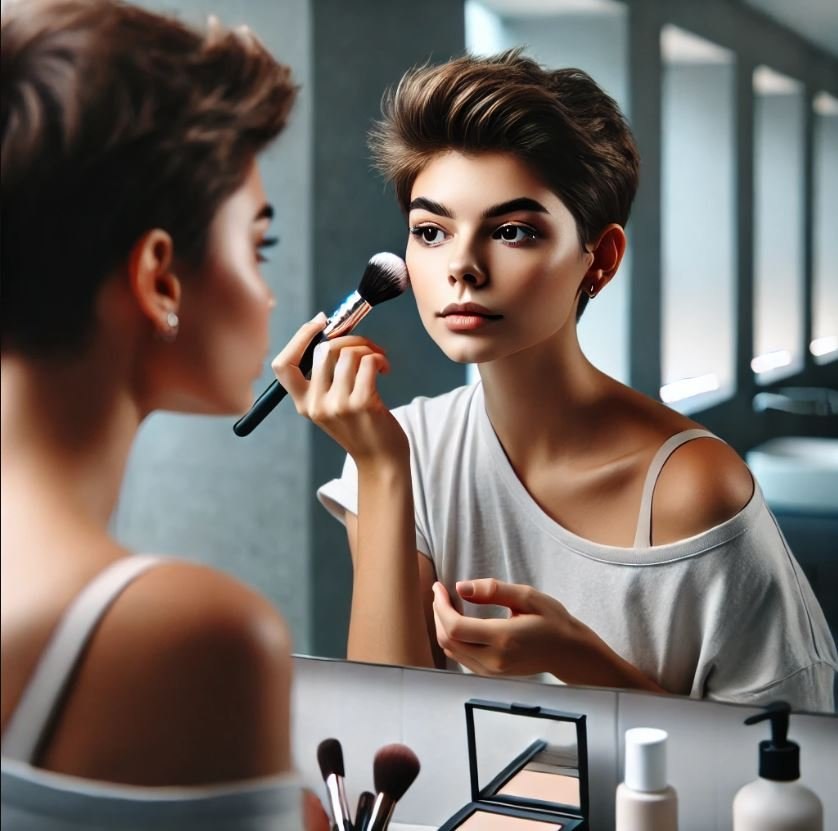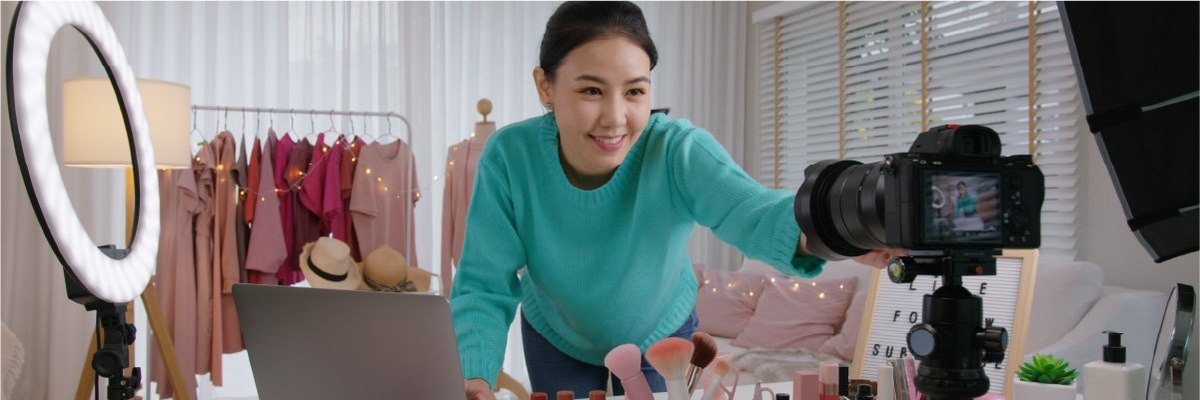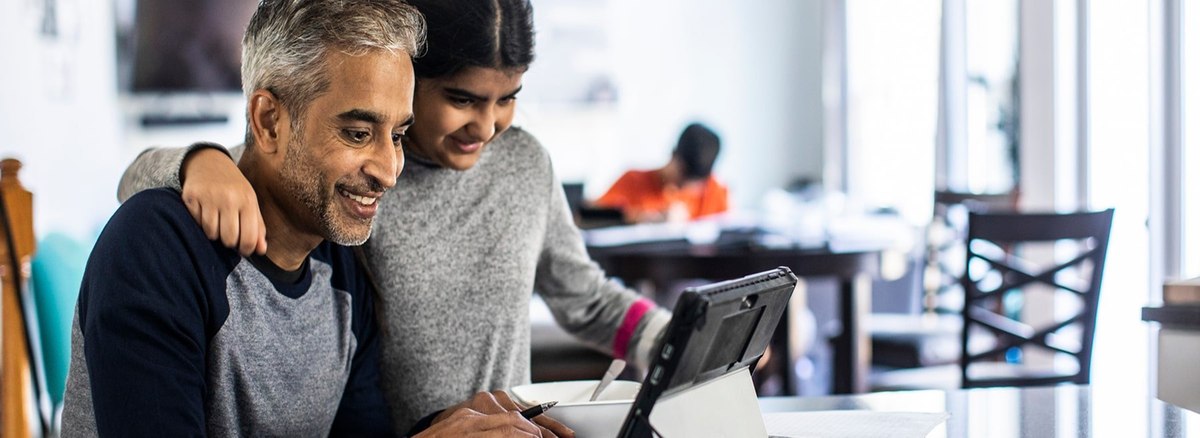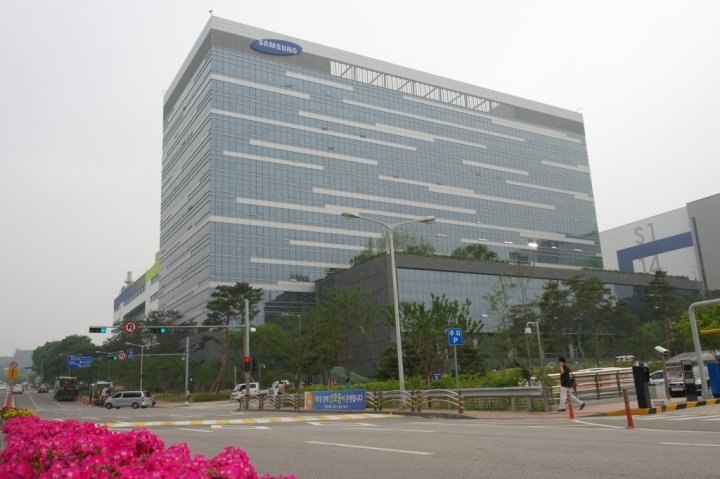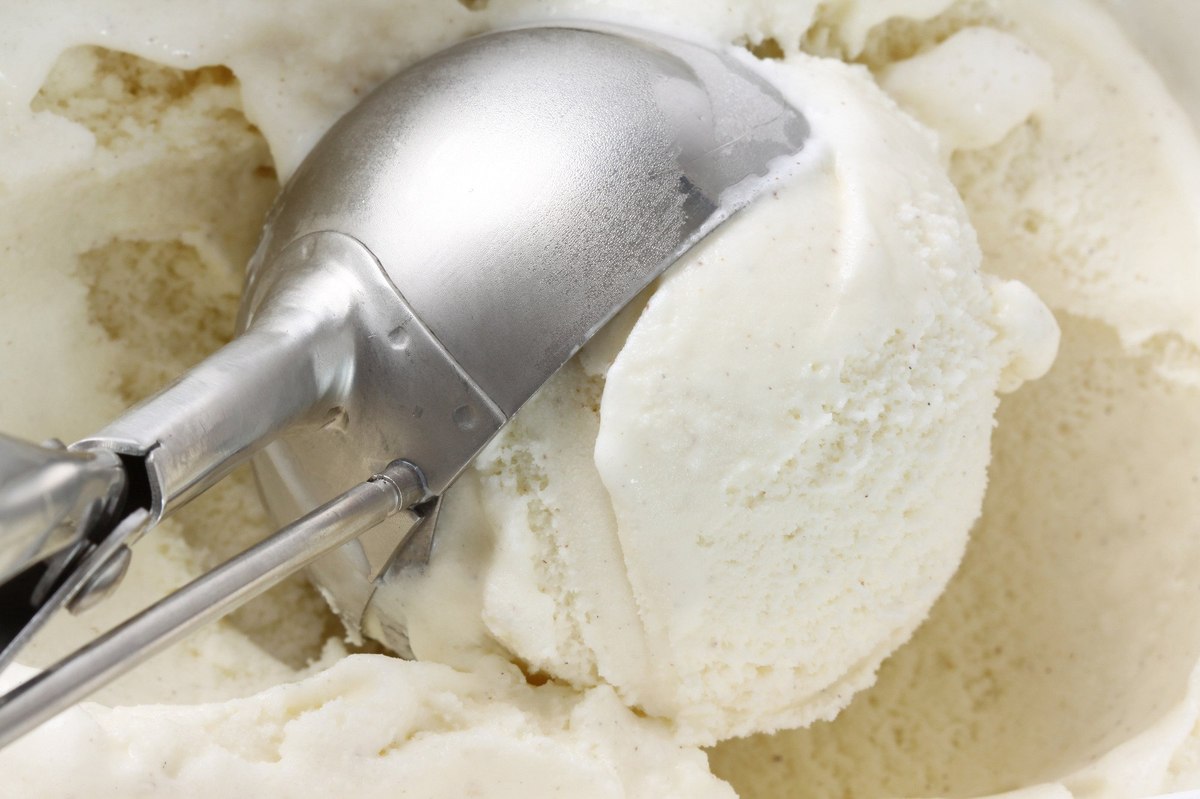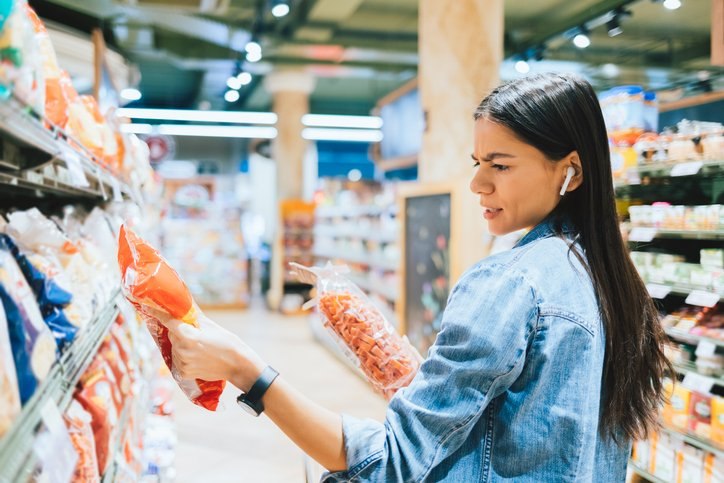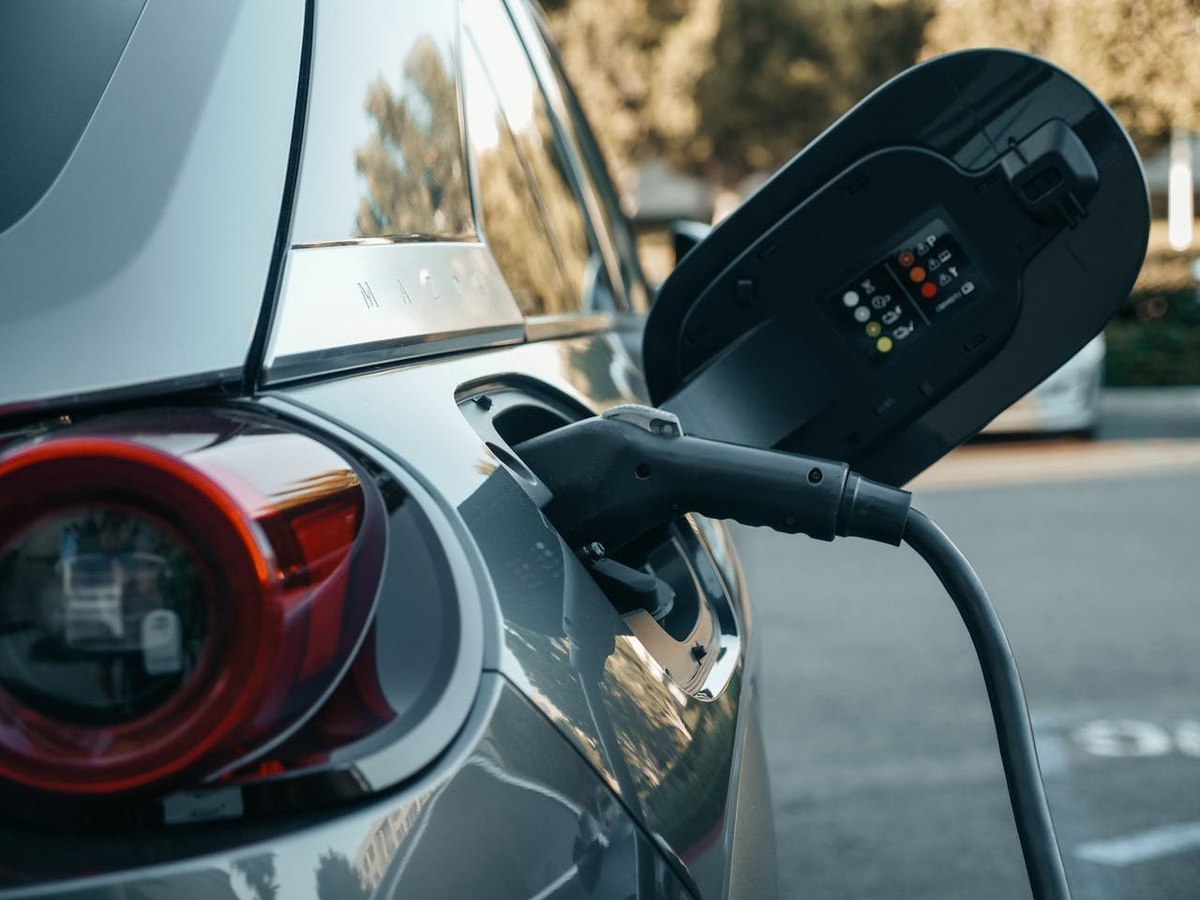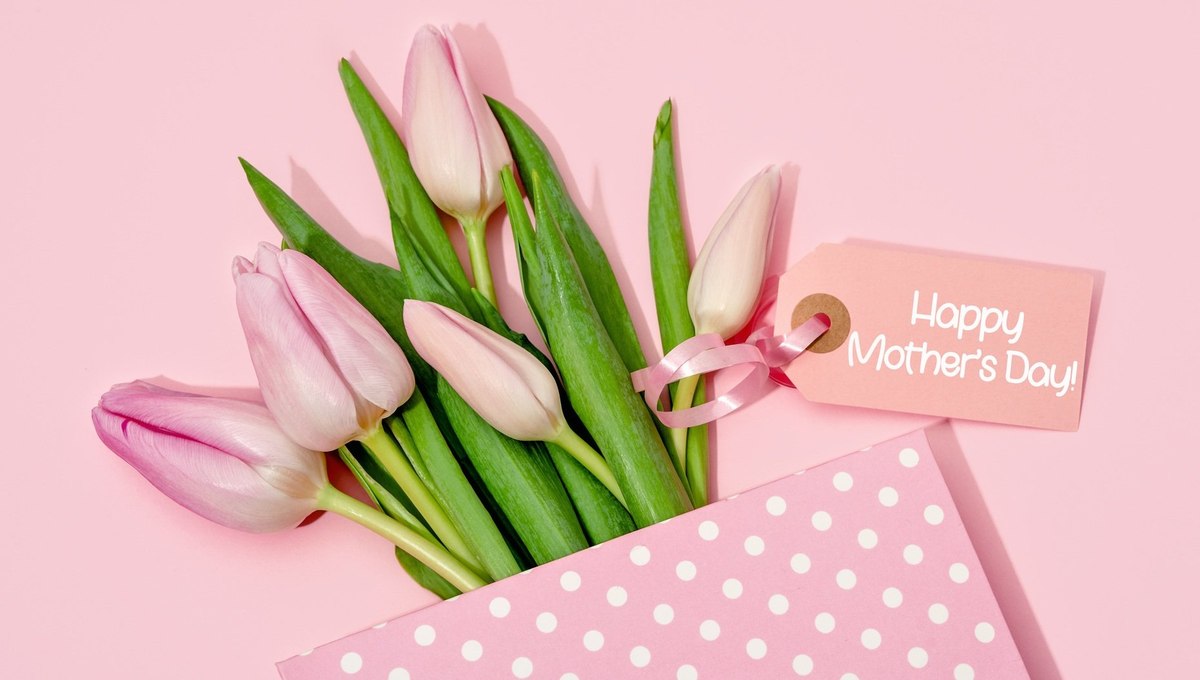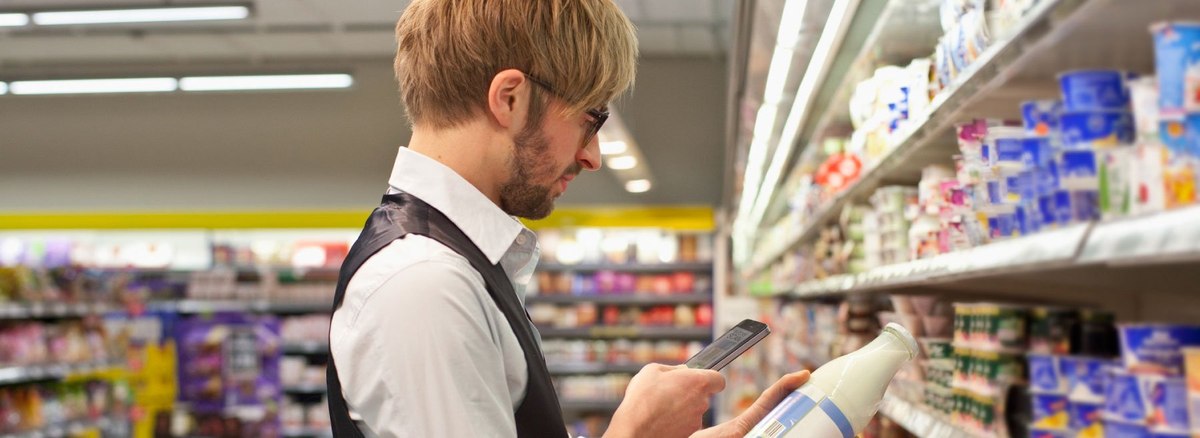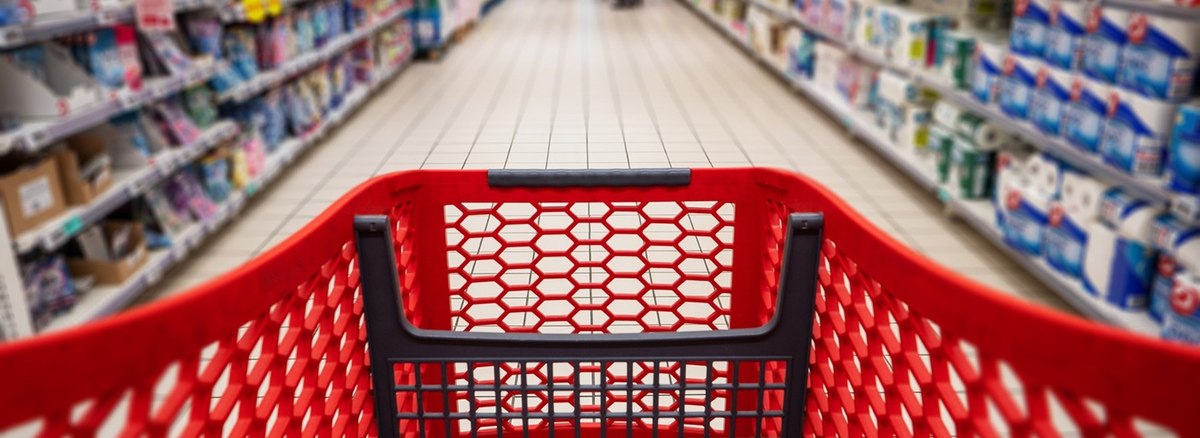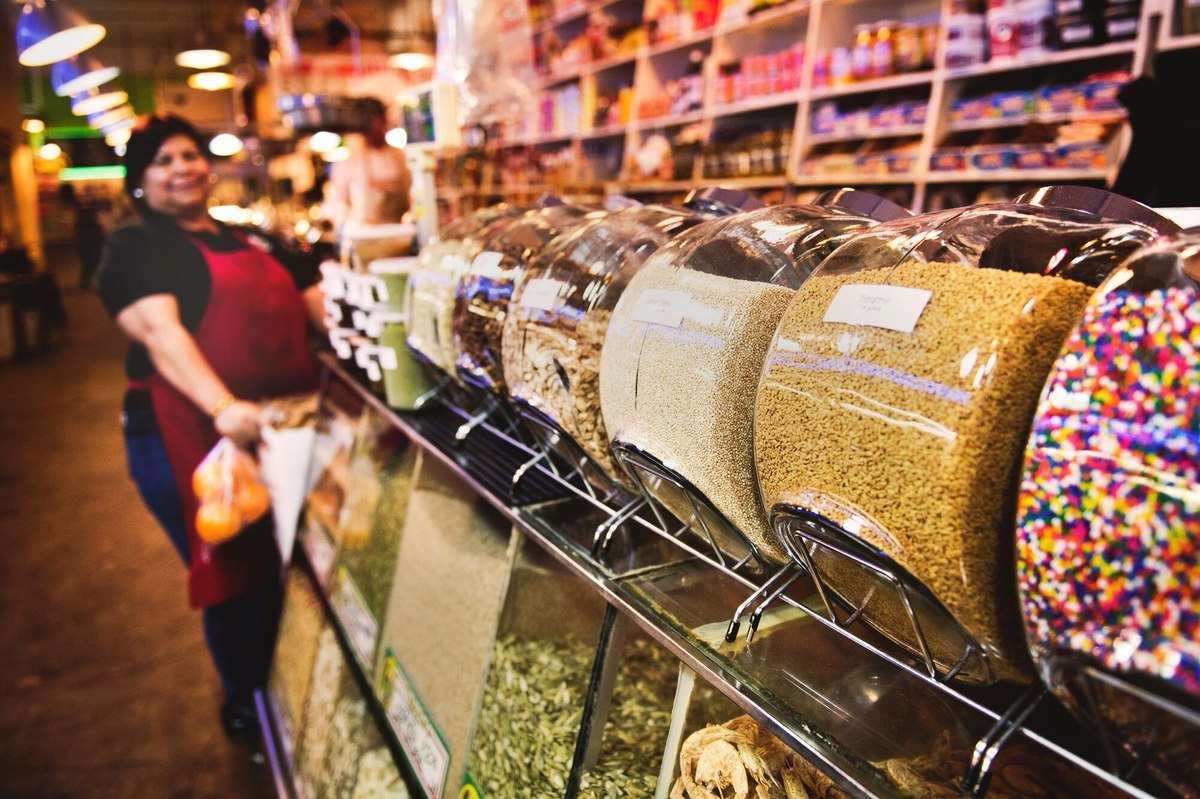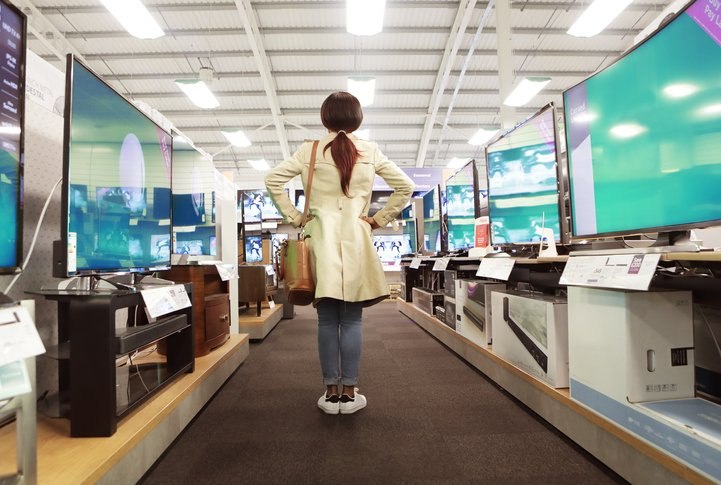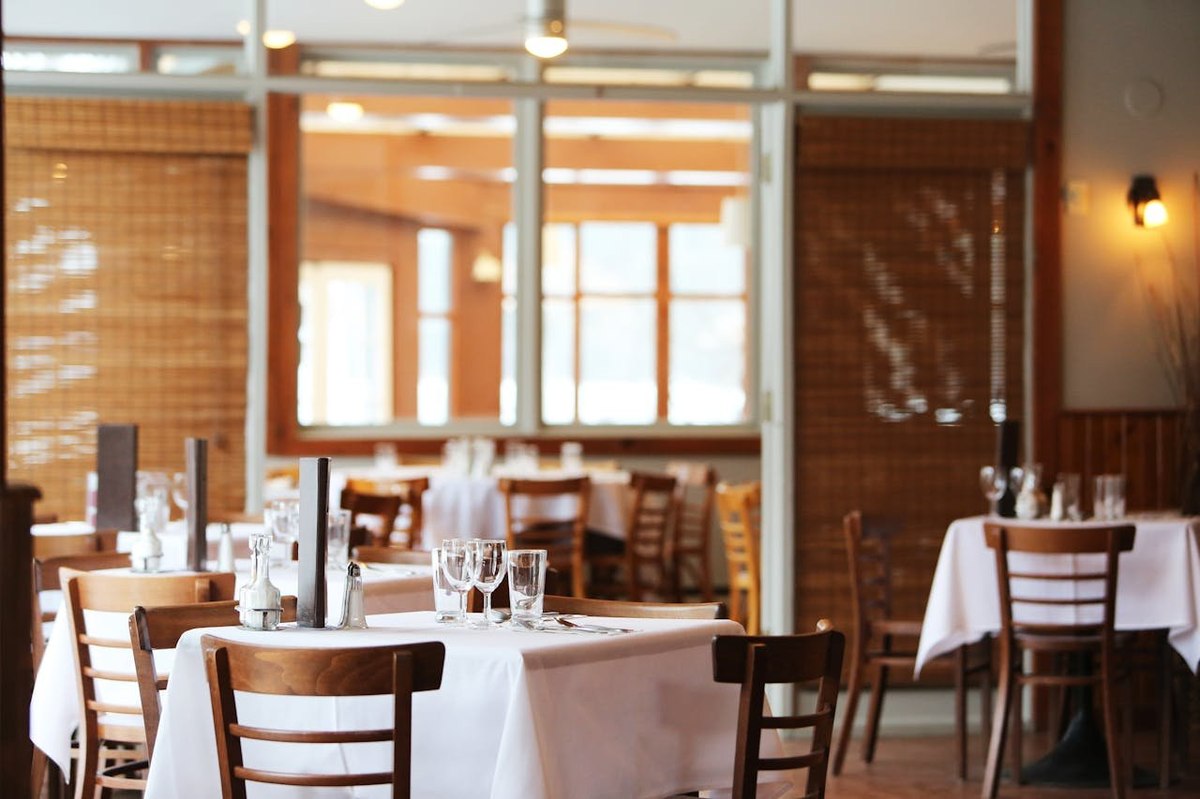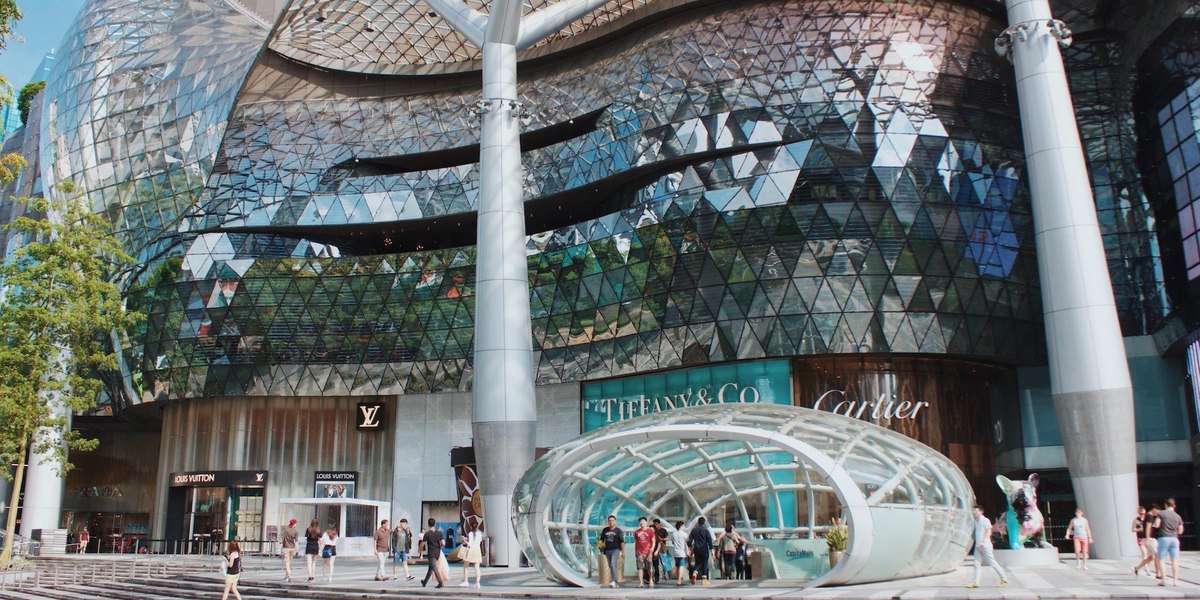
Singapore’s luxury shoppers: products & brands most want to buy in 2023
In February, our study on Singapore households’ near-term financial outlook revealed that more than one in four Singapore residents expect their household finances to improve over the next 12 months.
In this article, we explore what proportion of Singapore’s consumers are planning to purchase luxury goods in the next 12 months – and how this varies across different product categories. Our survey takes a broad definition of “luxury goods” – including everything from jewelry and watches, to expensive farm produce and household appliances.
We also look at which fashion brands Singapore’s luxury shoppers are most considering a purchase from in 2023 – and the relative importance of factors like product warranty, origin and sustainability when consumers are deciding on their final purchase?
What proportion of consumers plan to buy various kinds of luxury goods in the next 12 months?
Latest research from YouGov Surveys show that one in two consumers in Singapore intend to purchase luxury products in the next 12 months. This is a relatively lower proportion compared to other high-income economies in APAC, such as Hong Kong and Australia.
Clothing and shoes are the most popular category, where just under a quarter (23%) plan to make luxury purchases, followed by household appliances and farm produce (meat / fruit / vegetables), where a fifth (20%) plan to fork out.
About one in six consumers (16%) are thinking of purchasing luxury bags, wallets or cases in the next 12 months, while around one in ten intend to splurge on luxury desserts (11%), jewellery (11%) and watches (10%).
Which fashion brands are Singapore’s luxury shoppers most considering to buy from?
Latest data from YouGov Profiles shows that Uniqlo is, by far, the most considered fashion retailer among consumers keen on buying luxury apparel (clothes, shoes, bags, wallets, cases, jewellery, watches) in the next 12 months – almost half (49%) are considering the brand for their next fashion and apparel purchase.
Following at a distance are Nike (20%), Marks & Spencer (20%) and Adidas (19%). While none of these brands may be considered luxury, it's worth noting that their prospective customers have an appetite for upscale purchases this year.
Notably, luxury fashion shoppers are more likely than the average Singapore consumer to consider making their next fashion and apparel purchase from Marks & Spencer (20% vs 14%), but slightly less likely to buy from Decathlon (18% vs 22%).
Want to find out how various high fashion brands compare in terms of purchase consideration level among Singapore’s luxury shoppers? Speak with us to learn more.
What factors do Singapore’s luxury shoppers consider before making a purchase?
Latest research from YouGov Surveys reveal that when deciding between different products at similar price points, seven in ten (70%) of Singapore’s luxury shoppers say they consider differences in warranty periods while over half (53%) evaluate differences in product origin.
Additionally, two in five (41%) luxury shoppers say they consider the environmental sustainability of a product before making their decision, while around a third say that the working conditions of people involved in the product’s creation (34%) and whether they would be able to make repairs on the product themselves (31%) are factors they would consider.
This article is part of our luxury shopping in APAC series. Read the companion articles on the near-term luxury goods market in Hong Kong and Australia below.
Make smarter business decisions with better intelligence. Understand exactly what your audience is thinking by leveraging our panel of 20 million+ members. Speak with us today.
- To receive monthly insights about the retail industry register here.
- To read YouGov’s latest intelligence on the retail sector explore here.
- Explore our living data – for free
Methodology: YouGov Surveys: Serviced provides quick survey results from nationally representative or targeted audiences in multiple markets. The data is based on surveys of adults aged 18+ years in 18 markets with sample sizes varying between 510 and 2,044 for each market. All surveys were conducted online during February 2023. Data from each market uses a nationally representative sample apart from Mexico and India, which use urban representative samples, and Indonesia and Hong Kong, which use online representative samples. Learn more about YouGov Surveys: Serviced.
YouGov Profiles is based on continuously collected data and rolling surveys, rather than from a single limited questionnaire. Profiles data for Singapore is nationally representative of all adults (18 years or older), weighted by age, gender, and ethnicity, and reflect the latest Singapore Department of Statistics (DOS) estimates. Learn more about Profiles.
